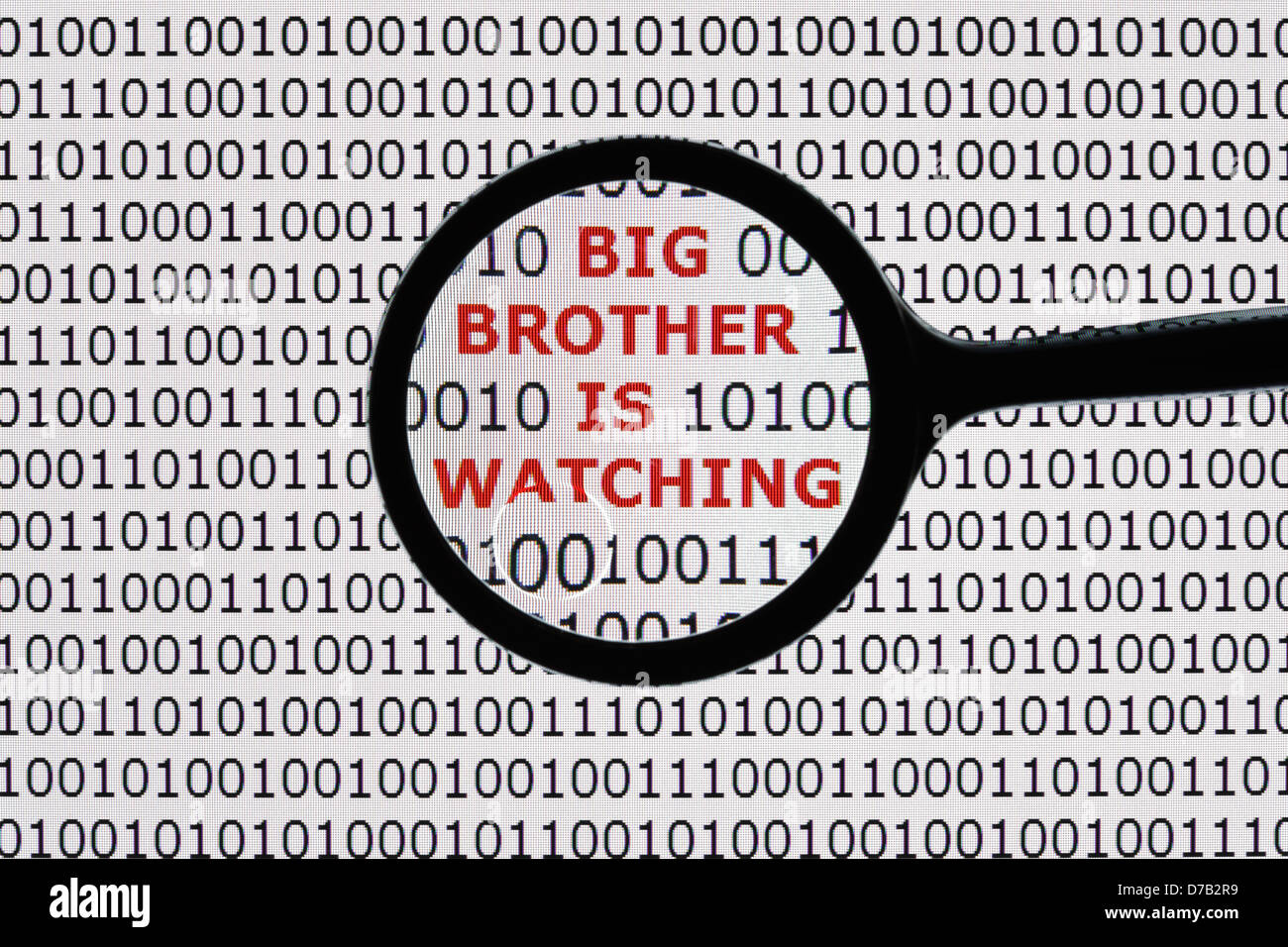George Orwell's head would spin if you saw how many 'big brothers' we have watching us today. And we have given them permission to do so. We use fancy user names online thinking we're anonymous, but we're not.
Not at all. The truth of the matter? There is no such thing as privacy or OPSEC these days, unless you write letters (and even those get scanned, not sure of contents yet) or just speak in person. But if you schedule those meets any where online, well . . . You may or may not get the idea/truth.
We have the Patriot Act to partially blame for this.
- This article is a continuation of a series on electronics and surveillance. See part one here about the basics. Then here is part two about the Utah Data Center. Actually, there's so many data centers these days across the country it boggles the mind.
So, if you touched on those articles you have the basics and know how easy it is/could be for the .gov to monitor our online activity. Now, that is just a drop in the bucket folks. Let's start with your internet provider, whether cable, cell phone, or VPN provider. Your bandwidth is monitored, right? Every site you visit, whether it is Internet or via an app on your phone (the data collectors prefer that), you access a server which is just a fancy name for another computer. The computer you access runs software that creates access records containing some data about you in a log file. Helps trouble shoot hacking attempts and server failures.
This site is hosted on a computer that sits under my desk at home, and it creates a log file; but I don't give out cookies. No spying here beyond a saving of the basics so I know who to bn for trying to hack.
These access logs at bare minimum record exact date and time accessed, your IP address, what browser (computer/tablet/mobile phone), and what page/service; now if it's an app on your phone, it potentially records your GPS location, WiFi or mobile data, hell maybe even angle of phone.
Then your banking. The IRS knew how to access your banking records at least four decades ago that I know of. That's how they'd do an audit on folks that didn't file taxes. What about Facebook, and all the other social media sites? What about your cell phone provider? We know taht some just cave to requests from the .gov for copies of all your calls, etc. Remember, every single thing that goes over the internet is like a copy and paste on your own computer. Except, you have copied it and it is pasted on a your provider's server(s) and then copied to send it off to the intended recipient. What about that rewards card from your favorite shopping stores and sites? What about your credit card company? Your grocery store knows and stores what you buy with your rewards and what method you used to purchase them.
The really nice thing? It is all for sale. Or access by the .gov. The only question there is how easy or hard said provider makes it for them.
So, when you think you're being tacticool with tons of encryption (supposedly) and all that crap? You're not. Hell, I prefer to keep it simple because all that security gives the .gov nerds a challenge. A challenge they've got to crack. That's why you may see "teddyearp" all over the internet. Or my real name on Telegram. Make it easy. And if the "revenuer's" come, Screw 'em!




